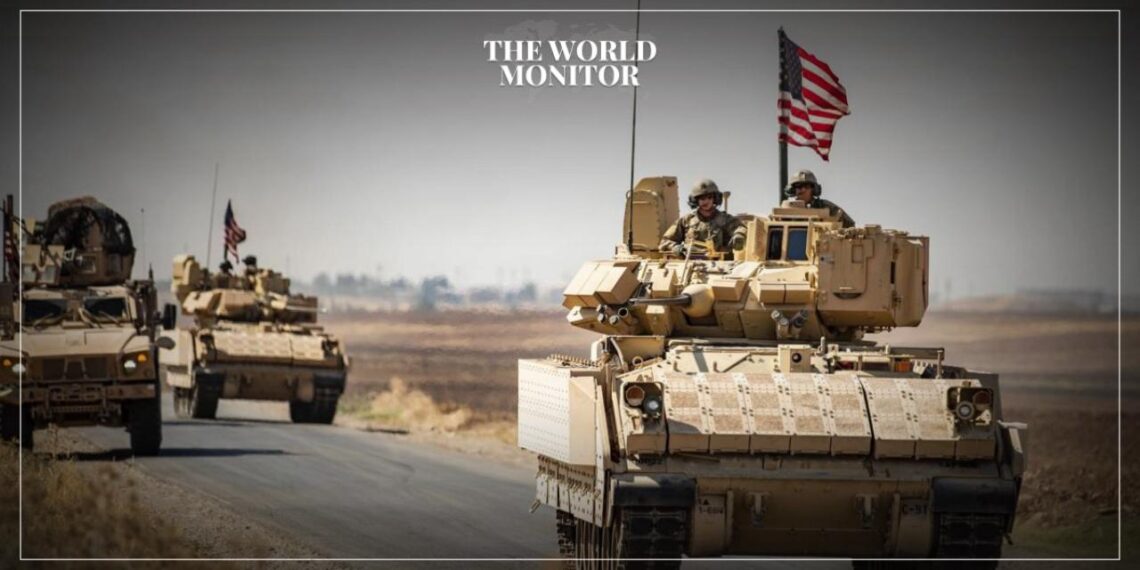The U.S. Central Command (CENTCOM) in the Middle East announced early Saturday that it participated in a joint operation with Iraqi security forces in western Iraq last Thursday to pursue members of the “ISIS” organization, resulting in the killing of 15 ISIS fighters. The American news agency “Associated Press” reported, citing sources, that seven U.S. soldiers were injured during the raid.
In a statement on the platform “X,” CENTCOM said the operation targeted ISIS leaders to disrupt and reduce their ability to plan, organize, and execute attacks against Iraqi civilians, as well as against American citizens and allies in the region and beyond.
CENTCOM explained that the armed elements were equipped with various weapons, bombs, and explosive belts, noting that there were no indications of civilian casualties. Iraqi security forces continue to exploit the sites raided during the operation.
CENTCOM added, “ISIS remains a threat to the region, our allies, and our homeland, and the U.S. Central Command, alongside our coalition partners and Iraq, will continue to pursue these terrorists intensively.”
The official Iraqi news agency “INA” confirmed on Friday, quoting the Joint Operations Command, that 14 ISIS members were eliminated, including leaders of the organization in the Anbar desert.
This operation comes at a time when Baghdad and Washington have been negotiating for months regarding the gradual reduction of coalition forces in Iraq, without announcing an official date for the end of their mission.
Baghdad is now looking forward to the withdrawal of the U.S.-led international coalition, which helped defeat ISIS, and to limiting its role in Iraq to advisory support, saying that local security forces can handle the threats on their own.
There are currently 2,500 U.S. troops stationed in military facilities in Iraq, such as “Union 3” base and Ain al-Asad airbase. Talks are ongoing about the future of these forces.
In July 2021, U.S. and Iraqi officials agreed to transition the U.S. military presence in the country to a “purely advisory non-combat role,” marking the official end of the U.S. military’s combat mission in Iraq.






